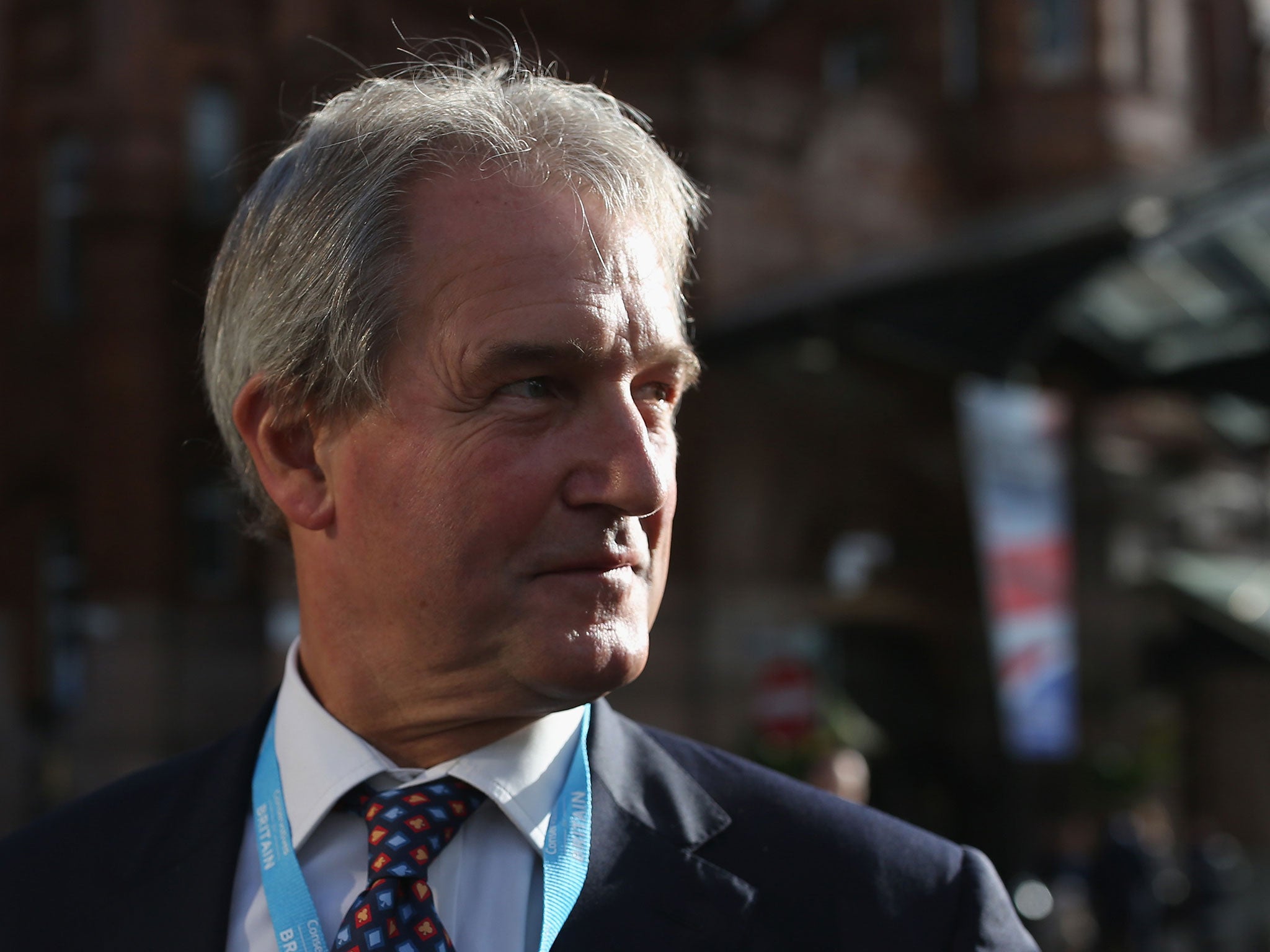Brexit latest: Tory MPs hit back at Theresa May's breakthrough deal with EU
Hard Brexit-backing backbenchers want the agreement changed – while Boris Johnson’s claim to be ‘taking back control of our borders’ raises heckles in Dublin

Your support helps us to tell the story
From reproductive rights to climate change to Big Tech, The Independent is on the ground when the story is developing. Whether it's investigating the financials of Elon Musk's pro-Trump PAC or producing our latest documentary, 'The A Word', which shines a light on the American women fighting for reproductive rights, we know how important it is to parse out the facts from the messaging.
At such a critical moment in US history, we need reporters on the ground. Your donation allows us to keep sending journalists to speak to both sides of the story.
The Independent is trusted by Americans across the entire political spectrum. And unlike many other quality news outlets, we choose not to lock Americans out of our reporting and analysis with paywalls. We believe quality journalism should be available to everyone, paid for by those who can afford it.
Your support makes all the difference.Tory MPs backing a hard Brexit have fired a warning shot at Theresa May over her Brussels breakthrough deal – one saying it must be “refined”.
No hardliners came out in direct opposition to the agreement, but several made clear their fears that it would prevent Britain signing free trade deals with other countries.
The concerns centre on the insertion of the phrase “alignment” with current and future EU regulations – across the UK – if necessary to avoid a hard Irish border.
Many Conservative MPs believe successful trade deals with non-EU countries will involve agreeing different regulations, on food and manufactured goods for example.
David Jones, the former Brexit minister, was most critical, suggesting the deal had to be “refined” when the Prime Minister went back to Brussels for further negotiations.
“The worry about that, of course, is that that could well relate to very important areas such as for example agriculture, which we would want to throw into the mix in negotiating a free trade agreement with a third country,” he said.
“And if this were to persist then it could severely handicap our ability to enter into those free trade agreements.”
Mr Jones also suggested the “divorce bill” could be “considerably” higher than the £39bn put forward by No 10 – describing it as a “back of an envelope” figure.
Another former Cabinet minister, Owen Paterson, described the agreement as a “big improvement” on the text floated, and vetoed by the Democratic Unionist Party, on Monday.
But he tweeted: “Still problematic areas inc Clause 49 (full alignment), role of ECJ & money. At last we are moving to free trade discussions.
“Problem areas must be debated & resolved. Nothing is agreed until everything is agreed.”
The message was echoed by John Redwood, a third former Cabinet minister, who insisted the deal was “not the Agreement on the UK leaving the EU”.
He tweeted: “It is an agreement to talk about all matters, and is still governed by the crucial principle that nothing is agreed until everything is agreed.”
And he added: “A good deal has to be better than this, otherwise the Government’s mantra that No Deal is better than a bad deal should apply.”
Eyebrows were also raised by a tweet by Boris Johnson, even though the Foreign Secretary send his “congratulations to PM for her determination in getting today’s deal”.
Mr Johnson said: “We now aim to forge a deep and special partnership with our European friends and allies while remaining true to the referendum result – taking back control of our laws, money and borders for the whole of the UK.”
In Dublin, Stephen Donnelly, Fianna Fail’s Brexit spokesman, said he feared it showed “influential Brexiteers” interpreting the impact of alignment very differently to the Irish government.
The crucial text read: “In the absence of agreed solutions, the United Kingdom will maintain full alignment with those rules of the Internal Market and the Customs Union which, now or in the future, support North-South cooperation, the all island economy and the protection of the 1998 Agreement.”
The Irish government insisted that meant the UK had agreed to adhere to any trading regulations necessary to avoid a hard border.
Speaking in Brussels, Ms May herself admitted that “specific solutions to what are the unique circumstances of Northern Ireland” might still be needed – suggesting a fudge.
Join our commenting forum
Join thought-provoking conversations, follow other Independent readers and see their replies
Comments